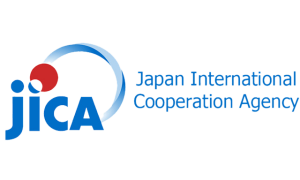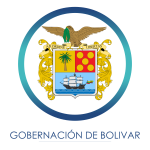
The Bolívar Governorate is the public administration of the department of Bolívar in Colombia. This governmental entity is responsible for managing political, economic, social, and cultural affairs within the department, as well as implementing policies and programs for the development and welfare of its population.
The municipal government or city hall of Cartagena. Is responsible for the administration of local affairs within the municipality, including public services, urban planning, transportation, education, and healthcare, among others.


ProColombia is the government entity in Colombia responsible for promoting tourism, foreign investment, non-traditional exports, and the country's brand internationally. Its main objective is to contribute to the economic growth of Colombia by attracting foreign investment, promoting Colombian products and services abroad, and increasing international tourism to the country.
The "Colombia brand" refers to the image, reputation, and perception of Colombia as a country, both domestically and internationally. It encompasses various aspects of Colombia's culture, economy, geography, history, and society. The Colombia brand is shaped by the country's natural beauty, rich cultural heritage, economic opportunities, and the achievements of its people.

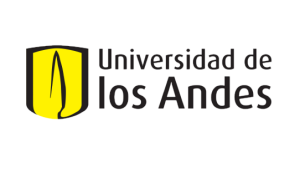
The University of the Andes (Universidad de los Andes) is a prestigious private research university located in Bogotá, Colombia. It is one of the top-ranked universities in Colombia and Latin America, known for its academic excellence, innovative research, and commitment to social responsibility.
Colombian Council of Safety is a non-profit organization in Colombia dedicated to promoting safety, health, and environmental sustainability in workplaces and communities across the country. It focuses on providing training, resources, and support to organizations and individuals to prevent accidents, injuries, and occupational diseases.

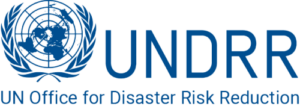
UNDRR stands for the United Nations Office for Disaster Risk Reduction. It is the UN's focal point for disaster risk reduction and works to ensure that countries and communities are equipped to reduce their vulnerability to natural and human-induced hazards, as well as to build resilience to disasters.
It is a specialized agency of the United Nations responsible for promoting international cooperation in the field of meteorology, climatology, hydrology, and related sciences. WMO's primary goal is to facilitate the exchange of weather and climate information among its member countries to improve forecasting, monitoring, and understanding of weather and climate-related events.
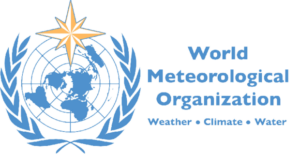

It is a specialized agency of the United Nations responsible for international public health. Established in 1948, the WHO works to promote health, monitor global health trends, provide technical assistance to countries, set norms and standards, and coordinate responses to health emergencies.
PAHO's mission is to strengthen national and local health systems, promote health equity, and improve the health and well-being of the people of the Americas. It works with its member countries to address a wide range of health issues, including infectious diseases, noncommunicable diseases, emergencies and disasters, environmental health, and health systems strengthening.

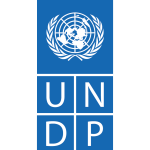
It is the United Nations' global development network, working in over 170 countries and territories to eradicate poverty, reduce inequalities, and build resilience to crises and shocks. UNDP's mission is to help countries achieve sustainable development by providing technical expertise, policy advice, and financial support in areas such as governance, poverty reduction, climate change, disaster risk reduction, and gender equality.
The Colombian Red Cross carries out various activities aimed at alleviating human suffering and promoting human dignity. These activities include disaster response and relief, first aid and healthcare services, disaster preparedness and risk reduction, support for vulnerable populations such as refugees and migrants, and promoting humanitarian principles and values.

